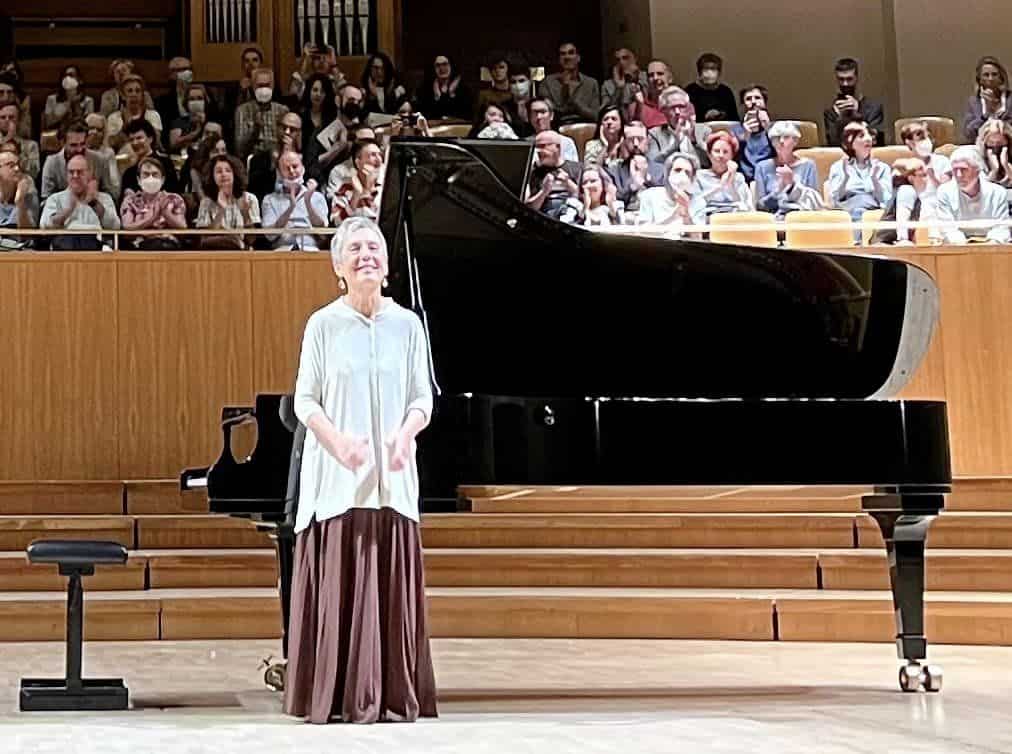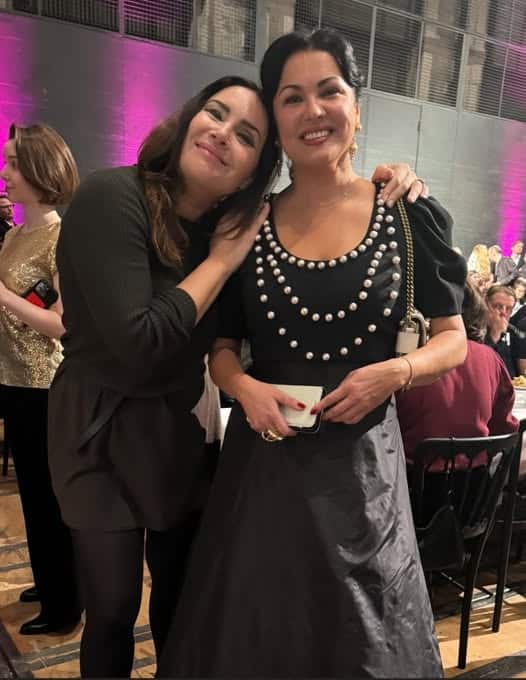‘In 4-5 years, there won’t be any classical artists’
NewsThe Portuguese pianist Maria Joao Pires has given a gloomy interview to Radio France.
I am very positive about the future: artificial intelligence for example – now everyone is talking about that, I think that it can bring us something positive. I would like to participate in programs with neuroscientists, to explain the small details so that we can really keep, not only the recording, but the way of doing things. Because maybe in a few years there won’t be any more classical artists. I’m not talking about two generations. Maybe four or five, I don’t know. Because the way we teach today has absolutely nothing to do with it. Imagine Beethoven: who is the living person who can play Beethoven? It’s [Alfred] Brendel! He can’t anymore, he doesn’t play anymore.
She apologises for having announced her retirement in 2018:
My public apologies for having said that! she replies amused, because deep down, I hadn’t finished, I had to come back. I needed, I hadn’t finished. But here, now , I feel that, from all points of view, it would be wise to finish. I’m not telling you when because I haven’t made my decision yet. Maybe in a year and a half, in two years… I need time to find the date.
She talks about the fear:
Our physical abilities are diminishing, and the fear is there, natural, you never know what will happen, it’s playing with uncertainty. And that’s good because it teaches us a lot of things, but at the same time, it’s unpleasant every time….(it) has nothing to do with the public, but with our sense of responsibility, to think we are going to disappoint… there are many reasons, it is introduced as a silent enemy. But I’m not complaining! You know, it’s like everything. We always try to overcome, not only our fears, but our living conditions.’






Comments